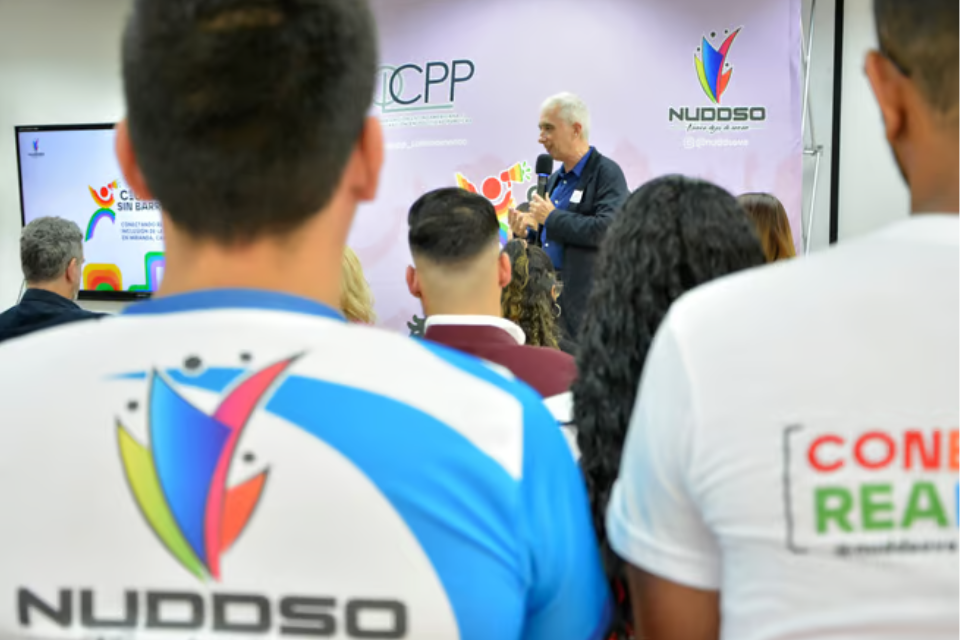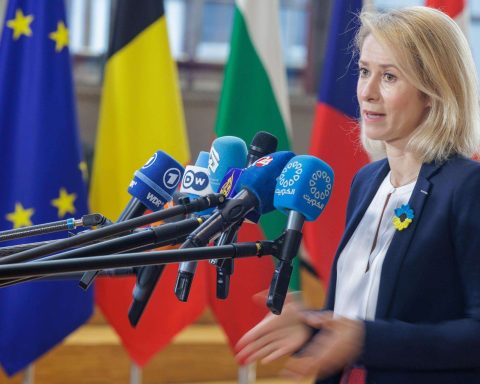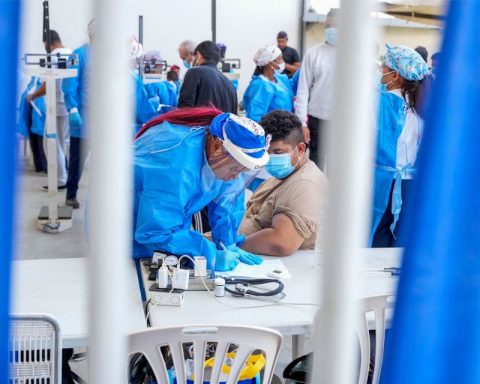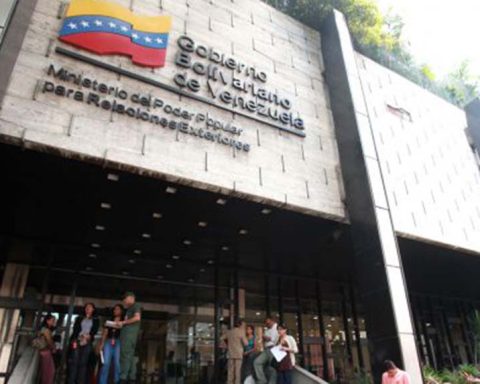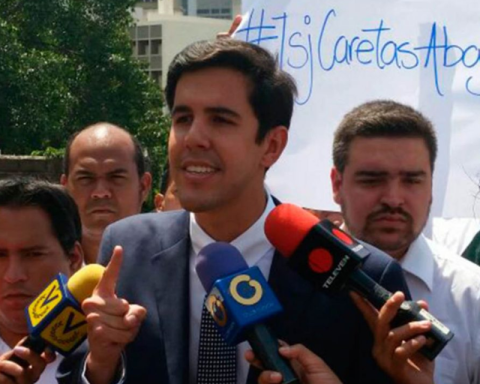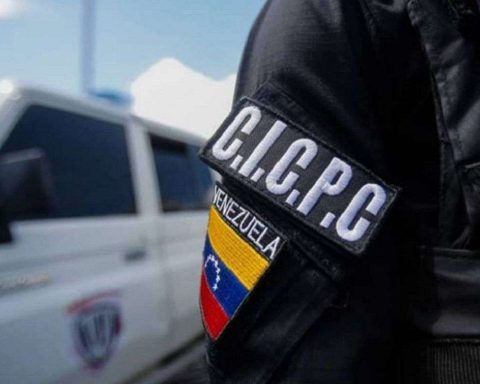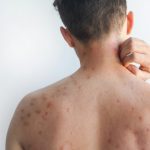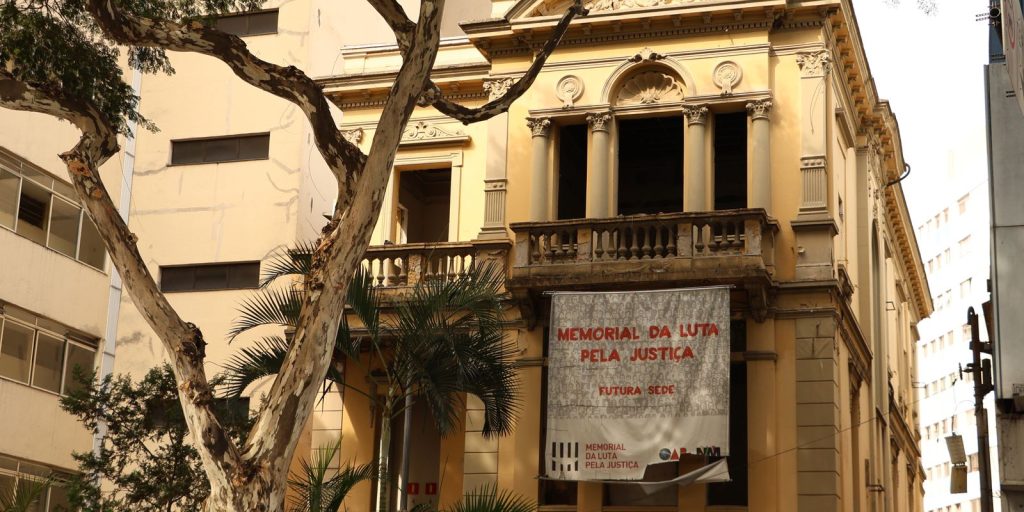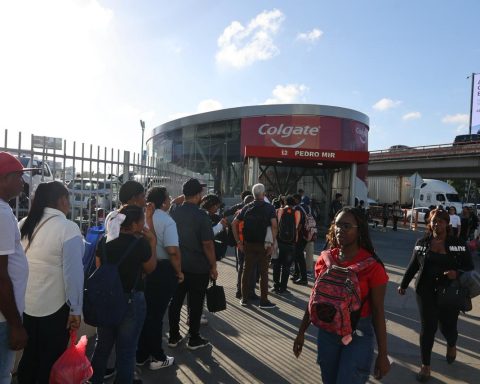The majority of LGBTI people surveyed by the “Diverse Vote” initiative have already decided where they will vote. Their main demands for the new government include the fight against discrimination, the legalization of same-sex marriage and a gender identity law.
The LGBTI Political Participation Observatory in Venezuela presented the results of the survey on Thursday, July 25 “Diverse Vote”which measures the voting intention of the LGBTI community in the presidential elections of July 28.
The Civil Association Never Stop Dreaming (Nuddso) and Grindr For Equality consulted 1,500 people to diagnose, document and make visible the exercise of political rights of LGBTI people. This The report showed that 94.87% of respondents are registered in the Electoral Registry, which allows them to actively participate on July 28, and 91.3% have decided whether they will vote and for whom they will vote.
Lenín Castro, president of Nuddso, described as positive the willingness of the population surveyed to vote and to have their preferred candidate defined, even though no presidential candidate has presented a government plan that reflects the commitment to guarantee the rights of the LGBTI population.
“We found that 78.93% of respondents say that the LGBTIQ+ population is not currently reflected in public policies and demand progress in guaranteeing our rights and the implementation of public policies with a differential focus on the LGBTI population,” Castellano concluded.
53.53% of respondents identify as people who participate in politics, and 36.8% identify as actively participating in LGBTI activism events.
Call to the winning candidate
Among the three most relevant issues for the LGBTIQ+ population in the next government, 22.5% would prioritize the fight against discrimination, 20.9% consider the legalization of same-sex marriage a priority, and 19.7% indicate that a gender identity law should be approved.
The organization believes that these issues are essential to ensure that LGBTI people live in a country where they are not discriminated against for their sexual orientation, where same-sex couples have legal security and trans, non-binary and intersex people have the right to their gender identity.
The following topics of interest were the implementation of public protection policies and legislation on efforts to correct sexual orientation and gender identity (ECOSIG), known as “conversion therapies.”
“It is urgent and necessary that in a future presidential period the demands of the LGBTI population can be addressed so that we can see ourselves reflected and not instrumentalized as in previous periods, the ECOSIG must be stopped and through the implementation of a national LGBTI public policy it could be a good mechanism to generate a direct impact and achieve a real and effective incidence,” concluded Ramsés González, director of affairs. institutional of NUDDSO.
*Read also: Civic Forum urged citizens to vote massively and with awareness this #28Jul
Survey distribution
The X-ray of the 1,500 respondents by sexual orientation was divided as follows: 792 people identified as gay (52.8%), 460 people as bisexual (30.67%), 174 identified as lesbian (11.6%), 57 as pansexual (3.8%); while 15.2% identified as trans people, 9% as intersex people and 17.8% as non-binary people.
“There was a high level of participation by gay and bisexual men due to the alliance we made with Grindr For Equality to disseminate the survey through the application. However, to ensure that the entire LGBTIQ+ population would participate, a great effort was made to carry out mass dissemination through our social networks and through key actors in the territories,” said Lenin Castellano.
32.53% were between the ages of 25-34, and 31.07% were between 18-24, highlighting that the largest number of participants were LGBTI youth. For the organization, this exposes the desire for change and social transformation of diverse youth in electoral processes and in active political participation.
Post Views: 307
